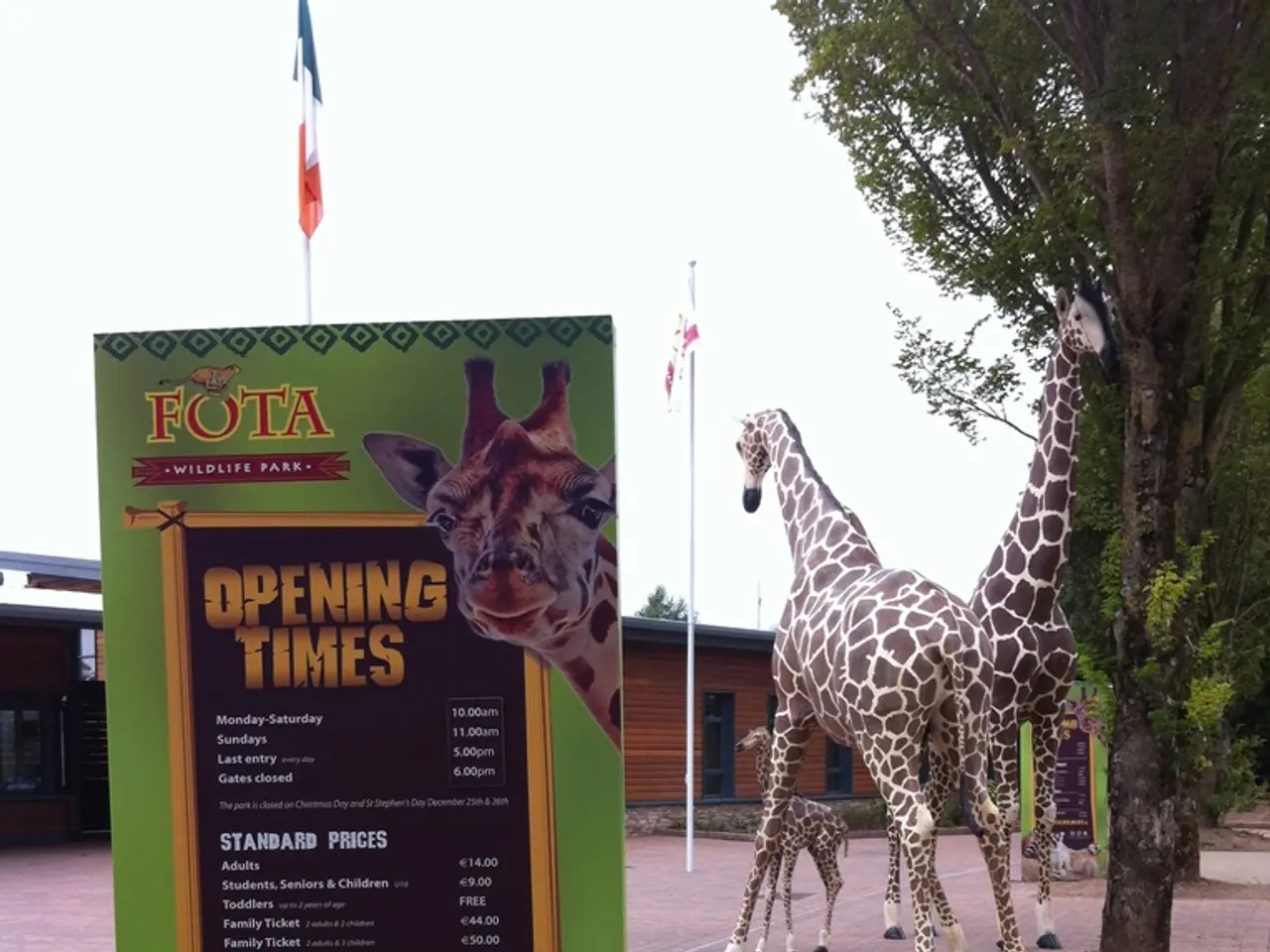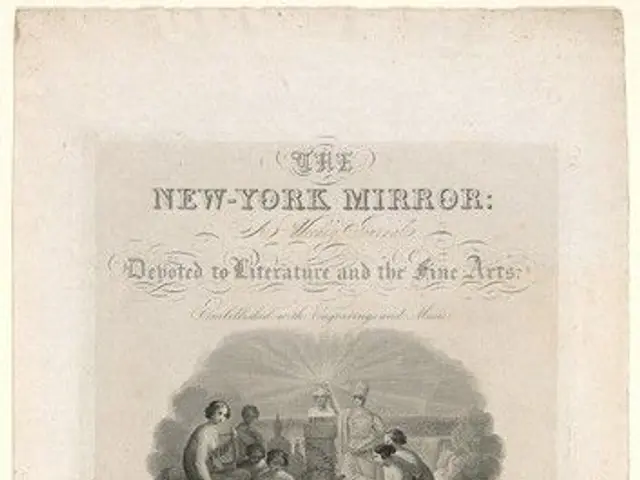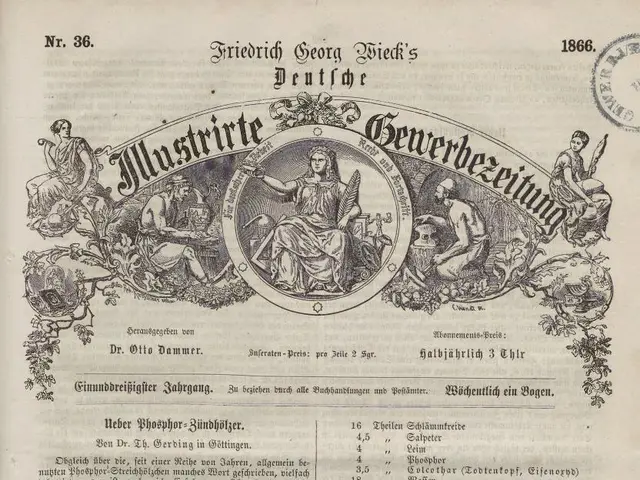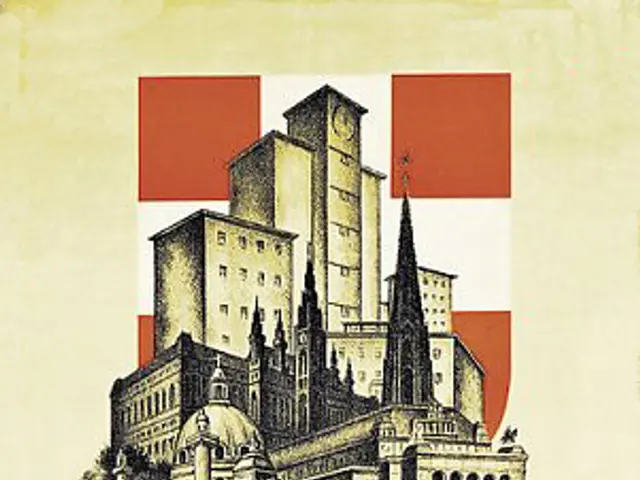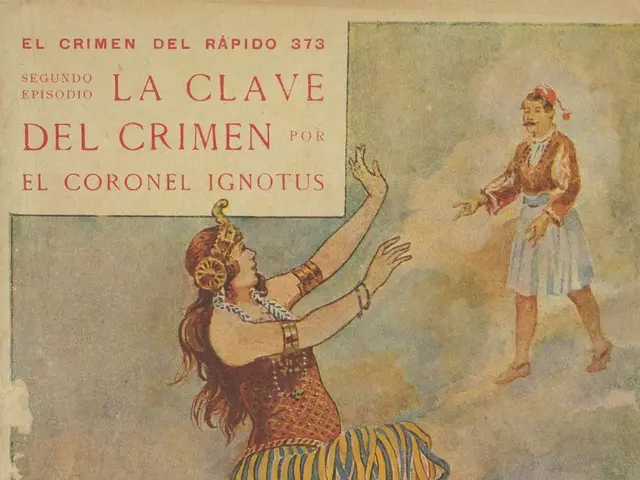Who Has the Authority to Narrate Africa's Wildlife Narratives?
In the heart of Africa, a new wave of wildlife filmmakers are reclaiming the narrative, challenging the historical dominance of Western productions in the industry. This movement is spearheaded by individuals like Kristina Obame from Gabon, Hans Cosmas Ngoteya from Tanzania, and Anthony Ochieng from Kenya.
Kristina Obame, a wildlife filmmaker from Gabon, has made a name for herself with her debut film, titled Ndossi. The filming of this groundbreaking production was marked by various difficulties, including a generator explosion, a missing crew bus, and the absence of gorillas for four days. Despite these setbacks, Kristina persevered, offering a unique blend of folklore and conservation from an African woman's perspective.
Hans Cosmas Ngoteya, cofounder of the Tanzania Wildlife Media Association, shares a similar vision. The Association was established to train emerging storytellers and push for policy reforms. For his film, Sentinels of Engaruka, Hans lived in a village for two months before filming a single frame, underscoring the importance of immersing oneself in the community to truly understand and tell their stories.
The Tanzania Wildlife Media Association screens films in Swahili via pop-up cinemas and local television, ensuring that the stories they tell reach the communities they represent. This approach stands in stark contrast to Western productions, which often arrive, film, and leave without involving the featured communities.
Jigar Ganatra, another advocate for African storytelling, founded the African School of Storytelling in 2020 to help African filmmakers ground their work in indigenous perspectives. He believes that telling an African nature story requires spending time with communities, learning from them, and connecting with their histories.
The global wildlife filmmaking industry has an imbalance in African representation, with a higher percentage of submissions featuring African wildlife compared to films made by Africans. However, this is starting to change. The Pridelands Wildlife Film Festival, the first African-led nature-film festival, has seen an increase in African-made film submissions. In 2022, they received just two African submissions, but this number grew to twenty in 2024.
Anthony Ochieng, a Kenyan conservation filmmaker and National Geographic Explorer, is one of the filmmakers leading this change. His focus in wildlife filmmaking is on the experiences and perspectives of coastal communities in Kenya. His recent short film, Matumbawe, follows Dosa, a coral restorer, through the eyes of his daughter, Khadija.
These filmmakers are part of a growing movement that aims to eliminate Western influence in the wildlife filmmaking industry and spotlight local voices. Their work not only provides a fresh perspective on wildlife conservation but also empowers African communities to tell their own stories and shape their own narratives.
